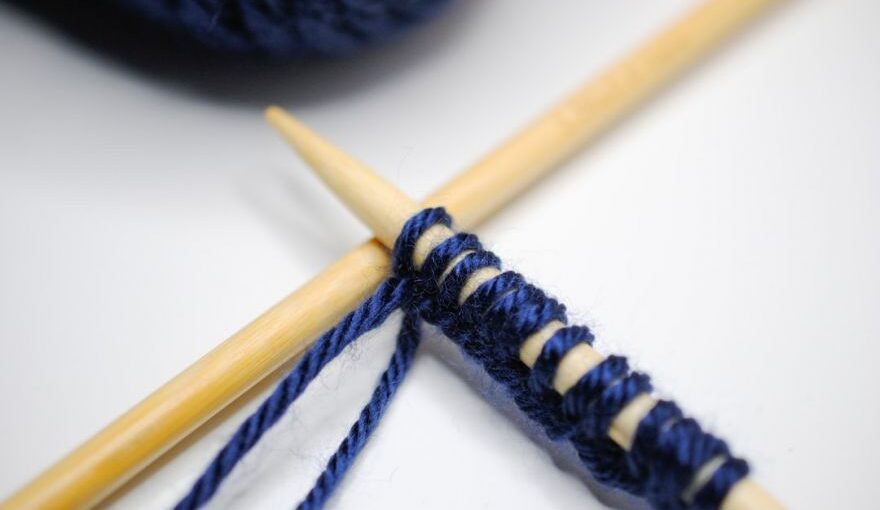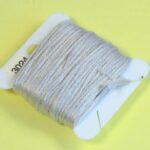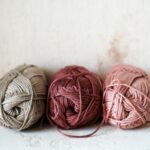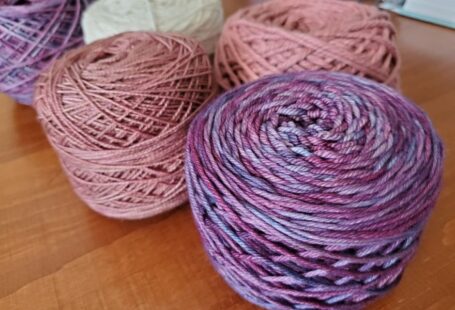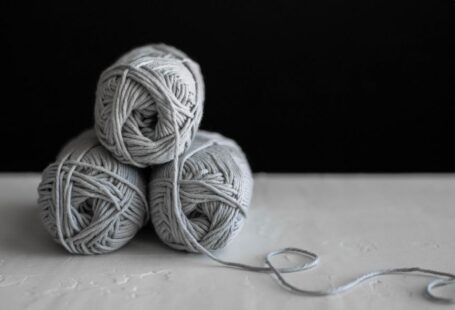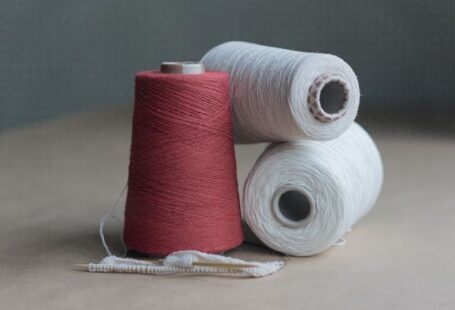When it comes to knitting and crocheting, choosing the right yarn is crucial. Not only does it affect the outcome of your project, but it also determines the comfort and durability of the final product. One type of yarn that has gained popularity in recent years is merino wool yarn. Known for its exceptional softness and sustainability, merino wool yarn is a favorite among crafters worldwide. In this article, we will explore everything you need to know about merino wool yarn and why it is an excellent choice for your next project.
What is Merino Wool Yarn?
Merino wool yarn is made from the fleece of Merino sheep, which are primarily bred in Australia and New Zealand. These sheep are known for producing some of the finest and softest wool in the world. The fibers of merino wool are much finer than traditional wool, making it incredibly soft and gentle against the skin. This characteristic sets merino wool yarn apart from other types of wool and makes it a popular choice for those with sensitive skin.
Softness and Comfort
One of the main reasons why crafters love working with merino wool yarn is its exceptional softness. The fine fibers of merino wool create a luxurious texture that is unmatched by other types of yarn. This softness translates into the finished product, providing warmth and comfort when worn or used. Whether you are making a sweater, scarf, or blanket, using merino wool yarn will result in a cozy and soft final piece that you will love to wear or snuggle with.
Durability and Resilience
Despite its softness, merino wool yarn is surprisingly durable and long-lasting. The natural elasticity of the fibers allows them to stretch and recover, making the yarn resistant to pilling and wear. This means that your handmade items will retain their shape and appearance even after frequent use or washing. Additionally, merino wool yarn is less prone to felting compared to other types of wool, ensuring that your projects will maintain their original look and feel for years to come.
Temperature Regulation
Merino wool yarn has unique thermoregulatory properties, making it suitable for a wide range of weather conditions. The natural crimp of the fibers creates air pockets that trap heat, providing insulation in colder temperatures. At the same time, merino wool is breathable, allowing excess heat and moisture to escape in warmer climates. This versatility makes merino wool yarn ideal for both winter and summer garments, ensuring comfort and adaptability all year round.
Sustainability and Eco-friendliness
In addition to its outstanding qualities, merino wool yarn is also a sustainable and eco-friendly choice. Merino sheep are bred in large open spaces, allowing them to roam freely and graze on natural pastures. The wool is harvested through shearing, which is a painless process for the sheep. Furthermore, merino wool is biodegradable, meaning it will naturally decompose without harming the environment. By choosing merino wool yarn, you are not only supporting ethical farming practices but also reducing your carbon footprint.
Care and Maintenance
To ensure the longevity of your merino wool projects, proper care and maintenance are essential. Merino wool yarn is generally machine washable, but it is recommended to hand wash delicate items to prevent stretching or felting. Use a gentle detergent and lukewarm water, and avoid wringing or twisting the yarn. After washing, lay the item flat to dry to maintain its shape. With proper care, your merino wool creations will continue to bring joy and comfort for years to come.
In conclusion, merino wool yarn is a fantastic choice for crafters who value softness, sustainability, and versatility. Its exceptional softness, durability, and temperature regulation properties make it ideal for a wide range of projects, from cozy sweaters to lightweight summer garments. Additionally, choosing merino wool yarn supports ethical farming practices and reduces environmental impact. So, the next time you embark on a knitting or crocheting project, consider using merino wool yarn and experience the joy of working with this remarkable material.
